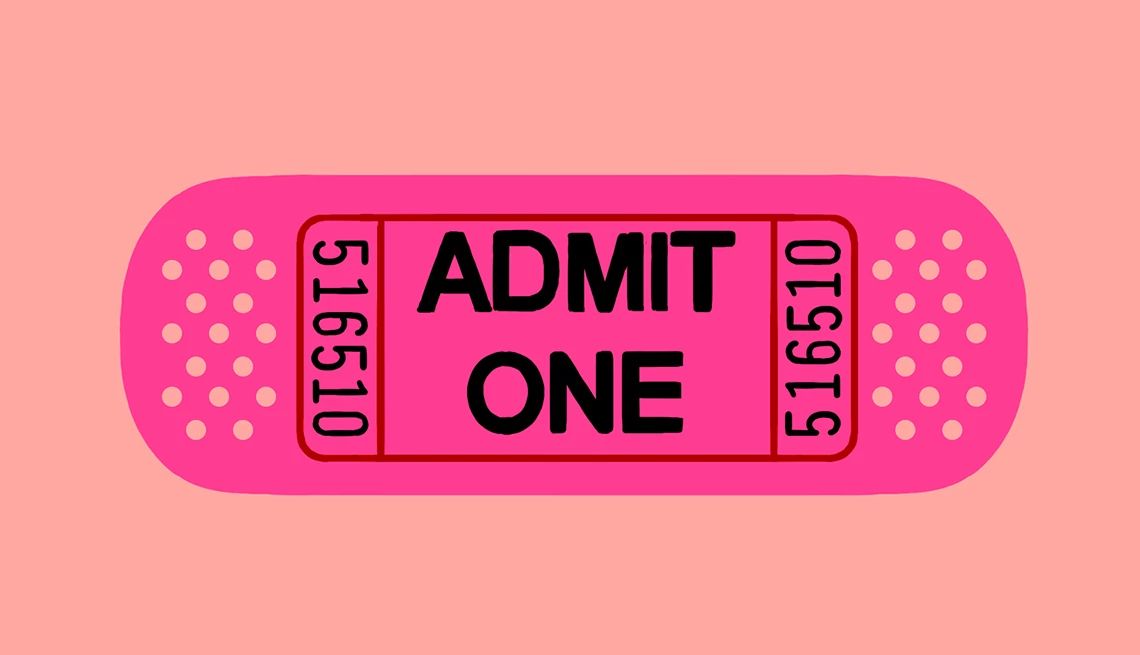AARP Hearing Center


With cold and flu season upon us, it’s time to take stock of what’s in the medicine cabinet. This year, that process may involve not only getting rid of any expired boxes and bottles but also rethinking certain remedies that never worked in the first place.
The U.S. Food and Drug Administration (FDA) is proposing that phenylephrine, a common decongestant found in many over-the-counter cold medications, be removed from these products. The proposal, issued Nov. 7, comes roughly a year after an advisory panel of experts concluded the ingredient is ineffective at relieving nasal congestion when taken by mouth.
“It is the FDA’s role to ensure that drugs are safe and effective,” Patrizia Cavazzoni, M.D., director of the FDA’s Center for Drug Evaluation and Research, said in a statement. “Based on our review of available data, and consistent with the advice of the advisory committee, we are taking this next step in the process to propose removing oral phenylephrine because it is not effective as a nasal decongestant.”
Phenylephrine is supposed to work by reducing swelling of the blood vessels in the nasal passages, making it easier to breathe. But when taken orally, “it basically becomes deactivated before it enters your bloodstream,” says Stefanie Ferreri, a professor of pharmacy at the University of North Carolina Eshelman School of Pharmacy. “It’s almost like a placebo, a sugar pill, when it’s taken orally.”
Experts stress that phenylephrine, which has been sold for decades, isn’t dangerous, and it is still effective when used as a nasal spray or as drops to dilate the eyes.
Common Decongestants That Won’t Work
Here are examples of oral medications that may help your headache or sore throat, but they won’t relieve your stuffy nose.
- Advil Sinus Congestion & Pain
- Tylenol Cold + Head Congestion Severe
- Mucinex Sinus-Max Severe Congestion & Pain Relief
- Benadryl Allergy Plus Congestion
- DayQuil Cold + Flu
- Sudafed PE
- Theraflu Severe Cold Relief Daytime
- Vicks Sinex Severe
This list is not exhaustive. Phenylephrine is found in a number of oral over-the-counter products.
But it can be harmful to your wallet if you’re buying a pill that’s ineffective to relieve congestion, Ferreri says. Products containing phenylephrine — including those sold by big brands such as Tylenol, Advil, Sudafed and Mucinex — generated nearly $1.8 billion in sales in 2022, according to data presented by the advisory panel in 2023.
What works and what doesn’t for a stuffy nose
Phenylephrine, sometimes labeled PE on packaging, is sold on its own but is often found in combination products that contain ingredients meant to knock out a range of symptoms that can accompany congestion — sore throat, fever, body aches and so on.
Because of this, you may not want to toss out everything containing phenylephrine, says Sarah Westberg, a professor at the University of Minnesota College of Pharmacy. That box of cold and flu medication could help with your other symptoms, it just won’t unclog your nose.
If you’re looking for a decongestant that will work, there are options — just be sure to talk to your doctor or pharmacist before taking one, especially if you take other medications, experts stress. Nearly half of older adults take at least five drugs daily.































































)
)















More on Health
Drugs Linked to Depression
More than 200 common medications could cause changes in mood
Can Supplements Help Lower Blood Sugar?
Although there is some interesting research, the science isn’t clear
7 Types of Medication That Cause Bloating
Feeling puffy, swollen and bloated? Give yourself a gut check